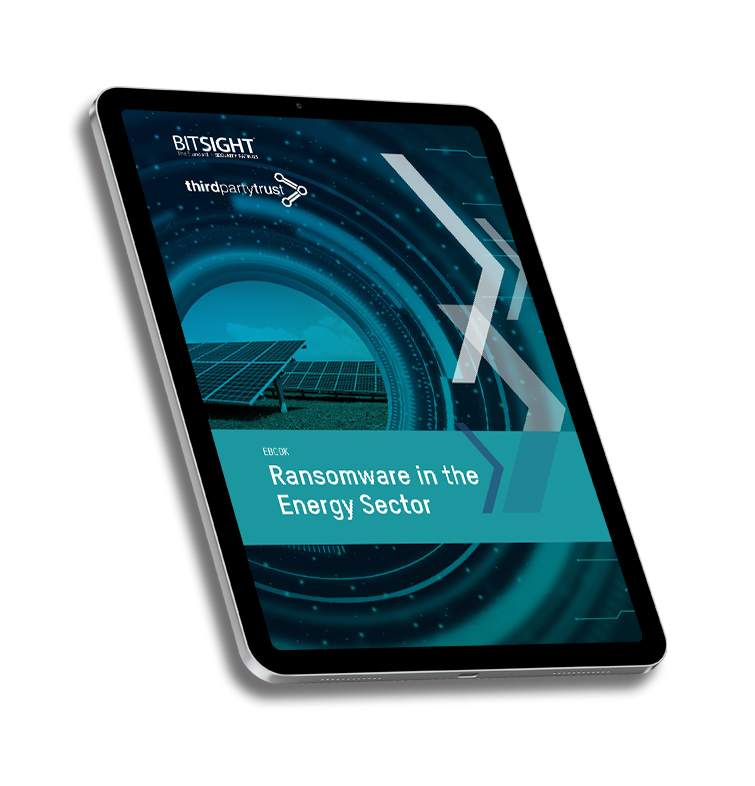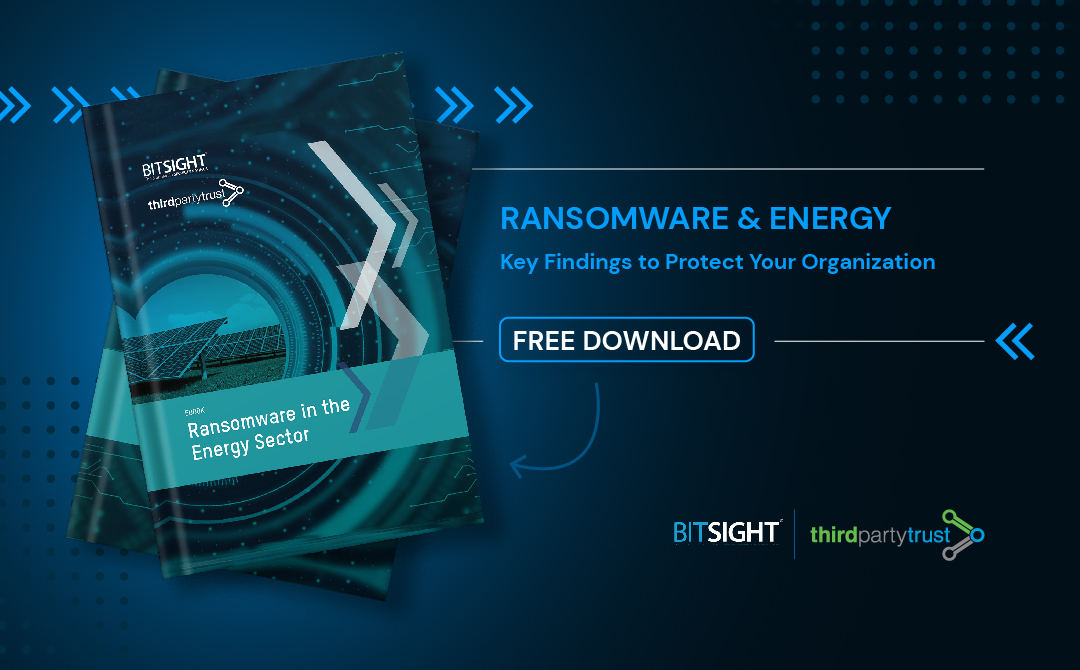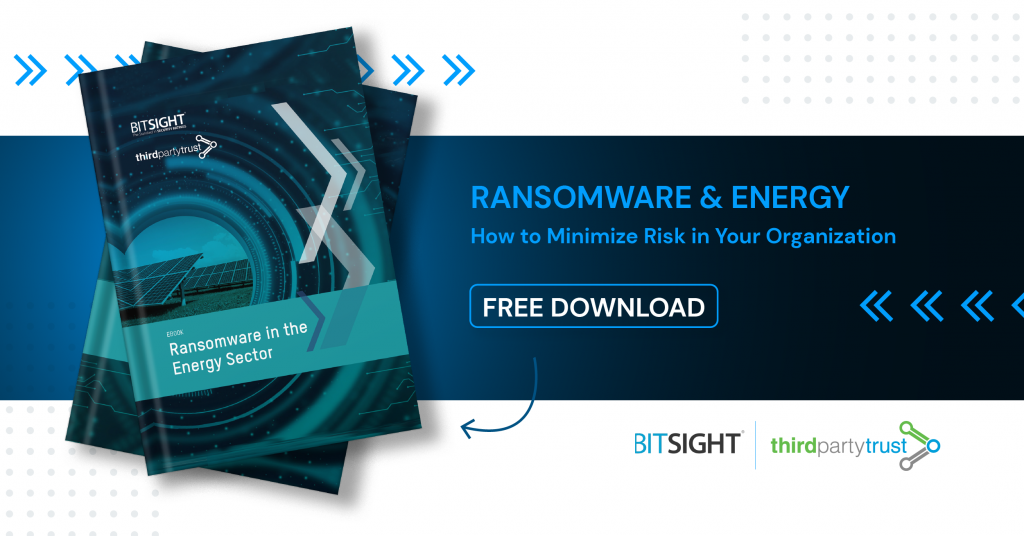Research Report: Ransomware in the Energy Sector
The critical nature of the energy industry exposes both organizations and society to severe risks resulting from cyber attacks, from data loss to shut downs. One of the most growing threats is ransomware, which is expected to cost organizations more than $265 billion over the next decade.
To better understand the state of ransomware the energy industry, BitSight and ThirdPartyTrust teamed up to analyze hundreds of attacks over the last three years to identify common security performance gaps and challenges for the sector, as well as the most effective methods to prevent them.
Our research report titled Ransomware In The Energy Sector is available for free download. It contains our key findings for the energy industry, with the hope that this data is useful to your organization to avoid future ransomware incidents.
While no organization is off-limits, the impact of ransomware in the energy sector is especially concerning because it often results in immediate operational disruptions that threaten the business bottom line. It also threatens the supply of crucial power sources upon which a functioning society depends.
Based on our analysis, we find that certain security program practices may be critical to reduce the likelihood of experiencing a ransomware incident. We also identify which vulnerabilities are closely tied with ransomware campaigns.
The analysis includes:
- Likelihood of ransomware based on overall security performance
- How patching cadence impacts ransomware risk
- Specific vulnerabilities tied to ransomware risk
- Certificate and configuration management tied to ransomware risk
Ransomware: A Threat That Goes Beyond The Pipeline
According to recent research, a quarter of the top 150 US energy companies are highly susceptible to a ransomware attack, while a massive 77% of them have at least one leaked credential. The infamous ransomware attack that took down Colonial Pipeline, the largest fuel pipeline in the U.S., and led to shortages across the East Coast, was actually the result of a single compromised password.
In Europe, a double whammy hit the Irish health system when the Health Service Executive, Ireland’s health care operator, and its Department of Health suffered a ransomware attack forcing a shutdown within the IT infrastructure. Incidents continue to hit the news at an alarming rate.
These and other high-profile incidents around the globe have shed light on the damaging impact that ransomware can have on organizations and interconnected supply chains. The scale and complexity of the attacks in the sector make it clear that disruption to any critical infrastructure segment can have dire economic, safety, and national security consequences. As such, it only makes sense to address cybersecurity risk management.
Why is ransomware growing so rapidly? What standards and practices would have helped? Our research report contains a number of critical performance indicators that can help security professionals in the energy sector reduce the risk of becoming a ransomware victim.
How To Stay Ahead of Ransomware
Cybersecurity is not a one-and-done effort, but a day-to-day risk management. Cyber hygiene best practices also need to extend to your vendors, partners, suppliers, and any third-party member of your network.
Cybercriminals are often able to find and attack the least secure business in the supply chain and use that foothold to gradually compromise their partners. Having tools that provide deep insight into the risks and security performance of every member of your supply chain is critical.
ThirdPartyTrust can help by providing a one pane of glass risk dashboard, with end-to-end vendor risk assessment automation for making informed decisions about vendors, and continuously monitoring their security posture.
Let us show you how ThirdPartyTrust can help you control ransomware and other risks across your third party supply chain. Talk to an expert today.

The Impact of Ransomware in the Energy Sector
Our research report contains key findings for the energy industry, so that your organization can avoid future ransomware incidents.
You will learn: which vulnerabilities are closely tied with ransomware campaigns, how to prevent them, and how can security professionals like you stay ahead.





